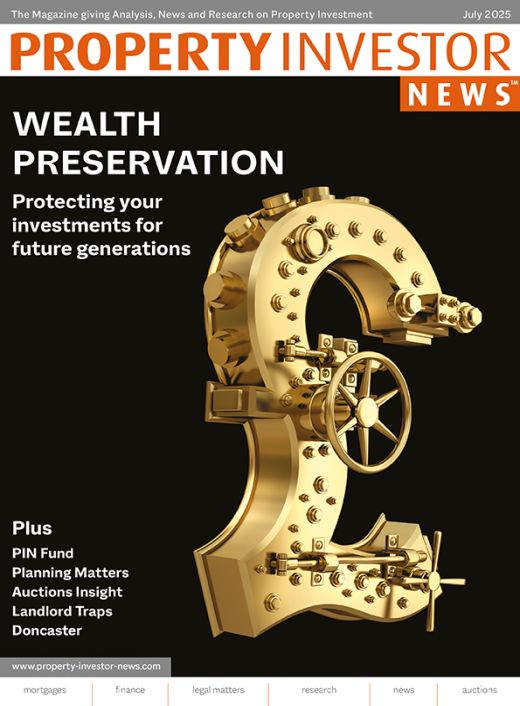Short-lease property is a rather relative term and it refers to flats or houses that are leasehold and the unexpired term of the lease is usually below 70 or 80 years. This is not a short time, but leasehold properties with less than 80 years are harder to finance with a traditional mortgage and this limits the amount of people that can afford to purchase them. This then presents challenges for the sellers who tend to struggle to sell through agents for a variety of reasons. Even if they agree on a sale, it usually falls through during the conveyancing stage a couple of times. Hence auctions are a great place for the sellers to offer their short-lease property as the exchange of contracts happens at the fall of the hammer and money is in their bank around four weeks later. From the buyer’s view, auctions present an opportunity to acquire the property where a simple paperwork exercise can add a lot of value by making the property marketable to a wider audience. This article will focus on turning this problem into an opportunity and highlight some steps to making a profit by minimising the risks of purchasing a short-lease property.
Leasehold flats vs leasehold houses
There is a big difference in the treatment of leasehold flats and leasehold houses. Leasehold flats have a prescribed procedure for extending the lease that is set in the Leasehold Reform Housing and Urban Development Act 1993. Leasehold houses are trickier with various acts dealing with the lease renewal process. They fall partly under The Leasehold Reform Act 1967 and various newer acts that complicate matters. This might present opportunities for a very clever investor but leasehold houses require a more in-depth approach. For that reason, this article will focus predominantly on short-lease flats.
Pros and cons of buying a short-lease flat
Buying a short-lease flat presents many opportunities. The flats are being sold at significantly lower value compared to other flats with a longer unexpired term on the lease. If you can buy the flat at a low price and pay for the lease extension that will increase the value of the flat by much more than the cost of the extension, you can make a quick profit. Lease extension also allows for negotiating additional changes to the lease – such as modernising some outdated terms of the lease, purchasing an additional part of the building (such as roof space) or getting a freeholder's consent for modifications/extensions to the flat that could enhance the value of it.
For me, the attraction of buying short lease properties is the fact that profits can be made purely by negotiations and altering some paperwork. The ingredients for success are an accurate valuation for the lease extension purpose and a good solicitor that can handle the process of dealing with the freeholder.
The risks are few but they include getting the lease extension premium wrong by not relying on accurate numbers or using online calculators that are not suitable for your property or the length of the lease. Calculators are rarely useful if the lease term falls below 40 years in Central London or 50 years elsewhere. To estimate the premium payable, there is no substitute for a professional valuation, but to have a guesstimate, you can use an online calculator at https://www.lease-advice.org/calculator/. Don’t bet your life on the online calculator figure though.
The lease extension premium is not the only cost that the leaseholder has to consider. Another part of the process is the freeholder's surveyor and legal costs. Some razor-sharp freeholders have perfected the process of charging the leaseholder for the minute matters and avoiding them is all part of the success to ensuring a successful outcome.




















